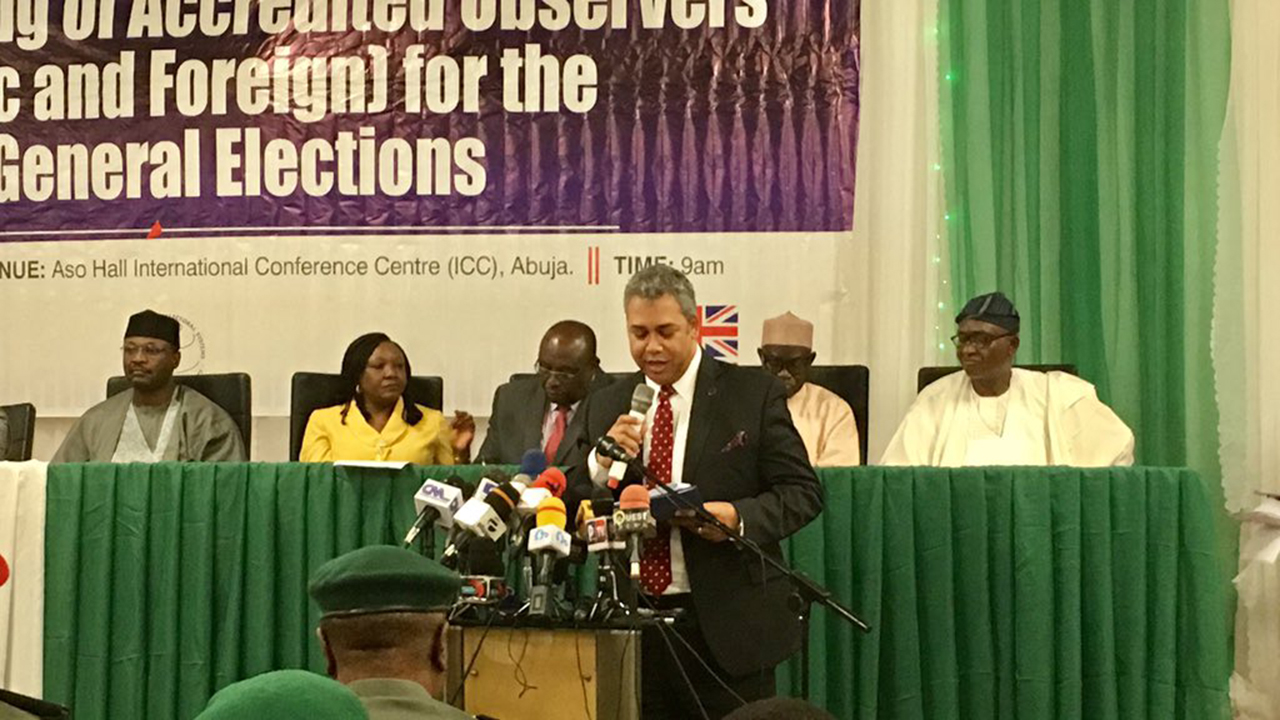President Bola Tinubu has expressed his rejection of the European Union’s Electoral Observer Mission report on the 2023 general elections. He described the final report as a result of inadequate research, heavily relying on the opinions of a few individuals.
According to a statement titled “We reject European Union’s conclusions on 2023 general elections” issued by Mr. Dele Alake, the President’s Special Adviser on Special Duties, Communications, and Strategy, President Tinubu stated that he has valid reasons to believe that the “biased report” was intended to maintain the same negative stance expressed in the EU’s preliminary report released in March. The President highlighted that respected organizations such as the Nigeria Bar Association (NBA) and the Independent National Electoral Commission (INEC) have praised the conduct and outcome of the election.
The statement also mentioned that in May, the nation was alerted to a plan by a continental multi-lateral institution to discredit the 2023 general elections in Nigeria. Although the organization was not named in the statement, it was emphasized that the foreign institution persistently undermined the credibility of the electoral process, the country’s sovereignty, and the ability of the Nigerian people to organize themselves.
The President finds it absurd and unacceptable that a foreign organization can insist on imposing its own standards and assessments as the sole criteria for determining the credibility and transparency of Nigerian elections in today’s world. With the submission of the organization’s alleged final report on the elections, the statement aims to inform Nigerians and the world that they were well aware of the European Union’s attempts to sustain its unfounded bias and claims regarding the election outcomes.
The statement strongly reaffirms that the 2023 general elections, particularly the presidential election won by President Bola Tinubu of the All Progressives Congress, were credible, peaceful, free, fair, and the best-organized elections in Nigeria since 1999. It declares that the European Union or any foreign organization has not provided substantial evidence capable of discrediting the election results.
The limitations of the EU’s assessment and conclusions regarding the elections were clearly evident in the press conference held by the Head of the Electoral Observation Mission, Barry Andrews. Andrews stated that the EU-EOM monitored the pre-election and post-election processes in Nigeria from January 11 to April 11, 2023, as an accredited election monitoring group of INEC. During this period, the EU-EOM observed the elections with 11 analysts based in Abuja and 40 election observers deployed across 36 states and the Federal Capital Territory. Considering the limited number of personnel deployed (an average of one person per state), it raises questions about how the EU-EOM independently monitored elections in over 176,000 polling units across Nigeria.
The statement questions how the EU reached its conclusions in the final report, considering the minimal coverage by their observers, who likely relied more on rumors, hearsay, biased and uninformed social media commentaries, and opposition narratives. The President’s team believes that the so-called final report on the recent elections is a result of poorly conducted research, heavily relying on a few isolated incidents in less than 1,000 polling units out of over 176,000 where Nigerians voted on election day. The report, based on the perspectives of fewer than 50 observers, appears to be a continuation of the premature denunciations found in the EU’s preliminary report from March.
